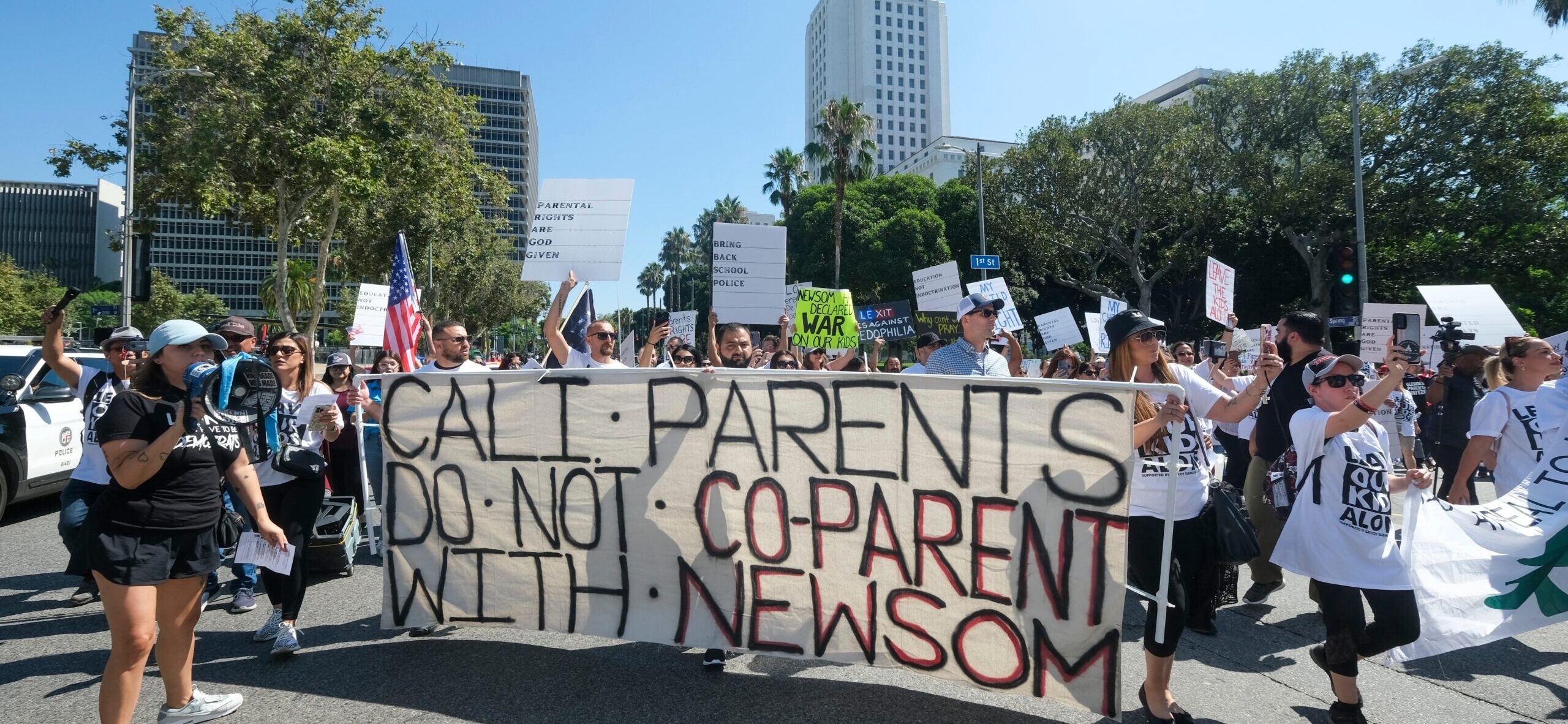No, Southern Baptists Didn’t Vote to Ban IVF

Delegates at the Southern Baptist Convention (SBC) passed a resolution on Wednesday affirming the dignity of preborn life – and condemning the reckless, careless, and widespread destruction of human embryos by countless fertility clinics.
Written and proposed by Southern Seminary President Dr. Al Mohler and Andrew Walker, Associate Professor of Christian Ethics and Public Theology at the Southern Baptist Theological Seminary, the statement does not call for an outright ban on In Vitro Fertilization (IVF).
IVF is a procedure that involves fertilizing a woman’s egg with a man’s sperm outside the body in a laboratory – and then implanting the embryos back in the mother after a number of days.
Instead, the SBC resolution shines a bright and important light on the many ways the technology is being abused to ultimately commodify and create children who are killed or frozen in perpetuity.
“On the Ethical Realities of Reproductive Technologies and the Dignity of the Human Embryo,” the Mohler/Walker resolution makes numerous strong statements, including that, “Though all children are to be fully respected and protected, not all technological means of assisting human reproduction are equally God-honoring or morally justified.”
In voting to pass the resolution, Southern Baptist delegates reaffirmed “the unconditional value and right to life of every human being, including those in an embryonic stage, and to only utilize reproductive technologies consistent with that affirmation.”
In shirt-sleeve English, the SBC is, in effect, taking the position that should a married man and woman decide to pursue IVF, they should only create embryos they will immediately implant. As it is, fertility clinics routinely create far more embryos than they plan to use. They do this because they want to have as many to choose from as possible, even grading them as would a coin or baseball card collector.
Make no mistake: the fertility industry is big business in America, accounting for $5.33 billion in 2023.
The SBC resolution reflects an approach similar to Focus on the Family’s longstanding counsel on the procedure. While many Christians object to the procedure altogether, our ministry has held that steps can be taken to lessen moral and ethical concerns.
IVF has been called one of the great triumphs of modern medicine, technology that couples struggling with infertility credit with assisting them to help form their families. Latest data suggests 2% of all births in the United States are the result of IVF – and 8 million children born via IVF in America since the advent of the technology.
Of course, advancements that can be good are easily corrupted and misused, and fertility technology is no exception. Not only have IVF doctors destroyed millions of embryos over the years, but the technology is also increasingly being used by same-sex couples – a development that deliberately deprives the child of a mother or father since donors are always involved.
Beware media outlets and liberal activists who are decrying and mispresenting the SBC pronouncement. The New Republic claims “the Southern Baptists’ Vote on IVF Is Terrifying Sign of What’s to Come,” and CBS News is reporting that passage of the resolution was a “vote to formally oppose IVF.”
Misreporting may reflect ignorance on how IVF actually works, but there is also an obvious attempt to further divide the electorate. Abortion activists see the issue as an opportunity to paint pro-lifers as extremists – a curious and dubious claim given the fact there is nothing more extreme than supporting the unrestricted destruction of preborn life.
The SBC resolution also calls on church members “to continue to promote adoption as one way God may call upon couples to grow their families and to consider adopting frozen embryos in order to rescue those who are eventually to be destroyed (Proverbs 24:11-12).”
There should be nothing controversial about that.
Image from Shutterstock.
ABOUT THE AUTHOR
Paul J. Batura is a writer and vice president of communications for Focus on the Family. He’s authored numerous books including “Chosen for Greatness: How Adoption Changes the World,” “Good Day! The Paul Harvey Story” and “Mentored by the King: Arnold Palmer's Success Lessons for Golf, Business, and Life.” Paul can be reached via email: Paul.Batura@fotf.org or Twitter @PaulBatura




